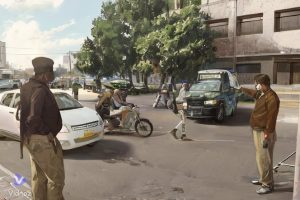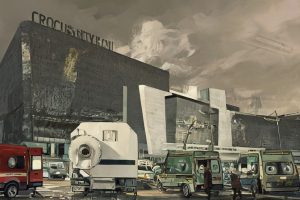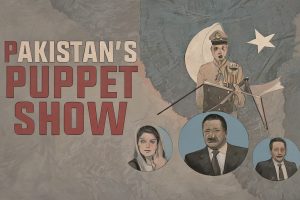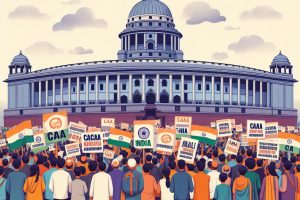By Tanvir Salim,
Your voice is your strength in a democratic setup. The more you are, merrier you are. Muslims are in a good number in India, but their voices are not heard, because of their insignificant presence in the Lok Sabha, which was also noted by Justice Venkatchallia, Chairman of the Constitution review Commission, and wasstated in paragraph 10-11-2 of the report:
“At present the political representatives of Minority communities in legislatures, especially Muslims, has fallen well below their proportion of population. The proportion of BCs among them is next to nil. This can lead to a sense of alienation. It is recommended for political parties to build up leadership potential in the minority communities including BCs, SCs and STs among them for participation in political life.”
To get a better understanding of the above quote, let’s examine the representation of Muslims in the Lok Sabha, as illustrated in the Table below:
|
Lok Sabha No. |
Election Year |
Muslim Representatives (#) |
Muslim Representation (%) |
|
1 |
1952 |
11 |
2 |
|
2 |
1957 |
19 |
4 |
|
3 |
1962 |
20 |
4 |
|
4 |
1967 |
25 |
5 |
|
5 |
1971 |
28 |
6 |
|
6 |
1977 |
34 |
7 |
|
7 |
1980 |
49 |
10 |
|
8 |
1984 |
42 |
8 |
|
9 |
1989 |
27 |
6 |
|
10 |
1991 |
25 |
5 |
|
11 |
1996 |
29 |
6 |
|
12 |
1998 |
28 |
6 |
|
13 |
1999 |
31 |
6 |
|
14 |
2004 |
34 |
7 |
|
15 |
2009 |
30 |
6 |
From the above Table, it is not difficult to comprehend what Justice Venkatchallia was referring to. There was only a single occasion when Muslim representation percentage went up to double digits, and that was the seventh Lok Sabha in 1980. The picture of Muslim representation is disheartening,because it is not in proportion with the total Muslim population (12% plus) in the country.
As an additional exercise, let’s get a flavor about the lack of representation of the Backward Caste (BC), which was also quoted by Justice Venkatchallia above. One can look at the 13th Lok Sabha, where out of 31 Muslim representatives who got elected, there was none from the BC. Similarly, for the twelfth Lok Sabha, out of the 28 Muslim representatives, there was none from the BC. Considering the fact that BC compromises 85% of the total Muslim population, lack of BC representation is a serious issue which should be considered by political parties who harp on the plank of social justice.
There may be many reasons for pitiable Muslim representation in Lok Sabha, but the most important reason is the Constitution (Scheduled Castes) Order, 1950. This order was issued by the President of India, under Article 341 of the Constitution, and is in criminal violation of the secular constitution of India, because it restricts the benefit of reservation to Hindu’s only. As a result Muslims (along with Christians) are not allowed to contest the 84 Lok Sabha seats reserved for Schedule Castes. Hence, Muslims can only contest the 413 seats out of total seats of 543 in the Lok Sabha. This way for Muslims, the “starting line” is much far behind than others when the race begins. Hence, they start the race with a hurdle, which is imposed by the government in their path.
If this is not enough, then there is another challenge that comes into play, and that is the composition of the constituencies which are solely “reserved” for the Schedule Caste representatives to contest. These constituencies are pre dominant Muslim constituencies. Hence, the constituencies from where Muslim representatives have a better chance to win are the ones where they can’t even contest. This fact was even noted by the study group that was set up under the leadership of Justice Sachar.
With these obstacles in place, there is nothing to wonder as to why the representation of Muslims in Lok Sabha is so low.
(Author is a US based Nuclear Engineer, who is presently in India and can be contacted at www.tanvirsalim.com)






1 Comment
Comments are closed.